Board games have always been a staple of family game nights, but not all of them were as innocent as they seemed. Behind the colorful boxes and fun themes, some games stirred up controversy that, looking back, might surprise you. Whether it was an unexpected rule, a questionable message, or simply a touch too much luck for comfort, these forgotten classics caused their fair share of debate. Let’s revisit 14 board games that caused more than just a little stir.
1. Candy Land
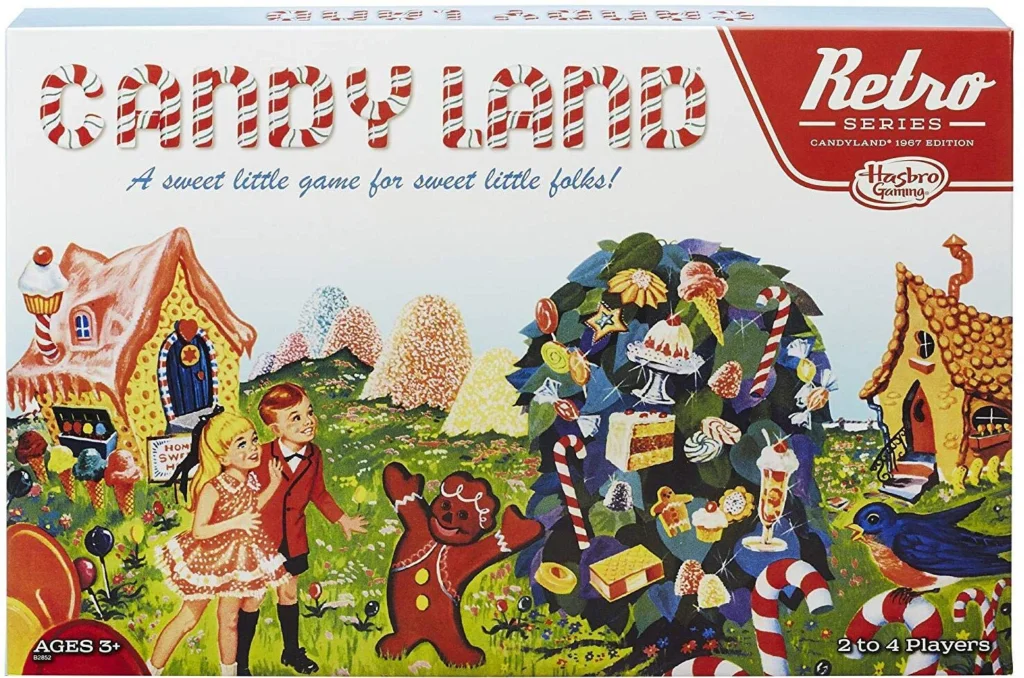
Ah, Candy Land, the innocent-looking game where kids race through a sugary world of gumdrops and lollipops. What could be controversial about that? Well, turns out the entire game is based on luck—no skill involved at all—and the results are basically determined from the start. For some, this felt like an unfair and frustrating introduction to the idea of competition, especially for parents who wanted their kids to understand the value of skill. For others, the repetitive nature just felt like a sugar-coated waste of time.
2. The Game of Life
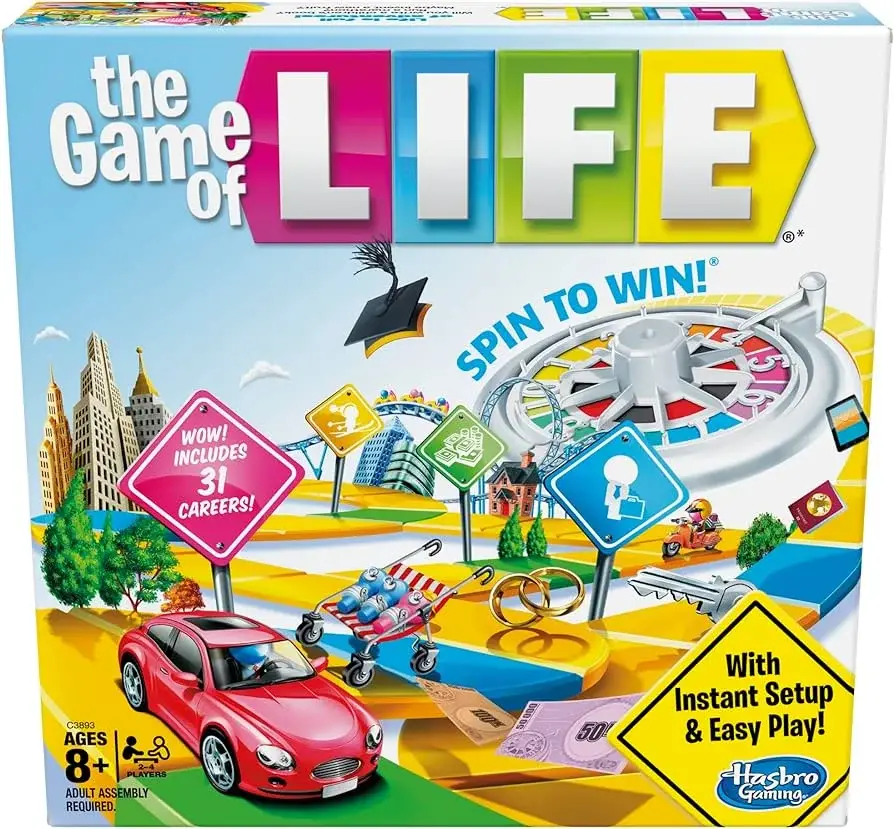
The Game of Life wasn’t so much controversial for its content but for how it subtly reinforced outdated ideas. In the early versions, players could choose to get married and have children, but they couldn’t choose to have a career-focused life unless they were male. And if you wanted to become a “millionaire,” you better get a job as a “doctor” or “lawyer”—forget about other pursuits! These gendered and class-based assumptions ruffled a few feathers, especially as the game evolved and became more reflective of modern society.
3. Monopoly
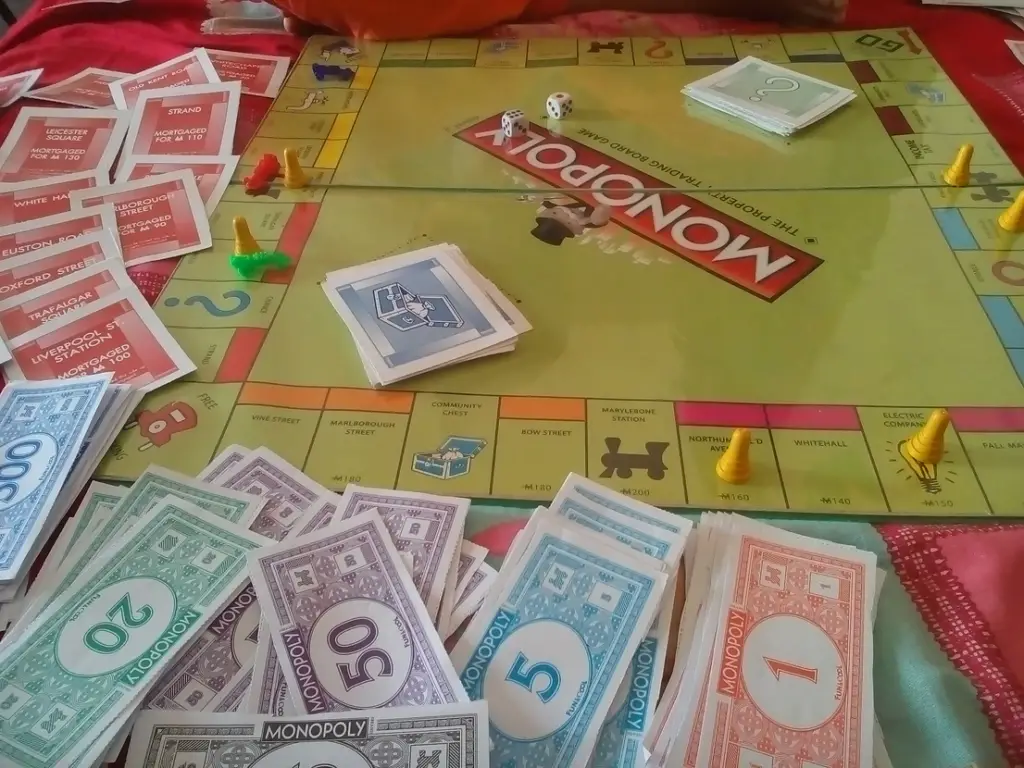
You’d think Monopoly would be an innocent game of acquiring property and bankrupting your friends, but it has sparked all kinds of controversies. From the early days of its creation, the game’s themes of greed and capitalism were questioned. Then, there’s the Monopoly “house rules” that always seem to spark debates. Are you allowed to put money in Free Parking? Should players be allowed to collect rent from properties they don’t own? These unspoken rules still divide families to this day.
4. Battleship

It’s just a game of sinking ships, right? Well, Battleship came under fire during the Cold War for allegedly promoting militarism and glorifying naval warfare. Some critics felt the game encouraged children to take war more lightly, with the entire goal of the game being to strategically destroy the enemy. In a time of nuclear threats, this was enough to make some parents wary about what their kids were learning from their battles at the table.
5. Chutes and Ladders
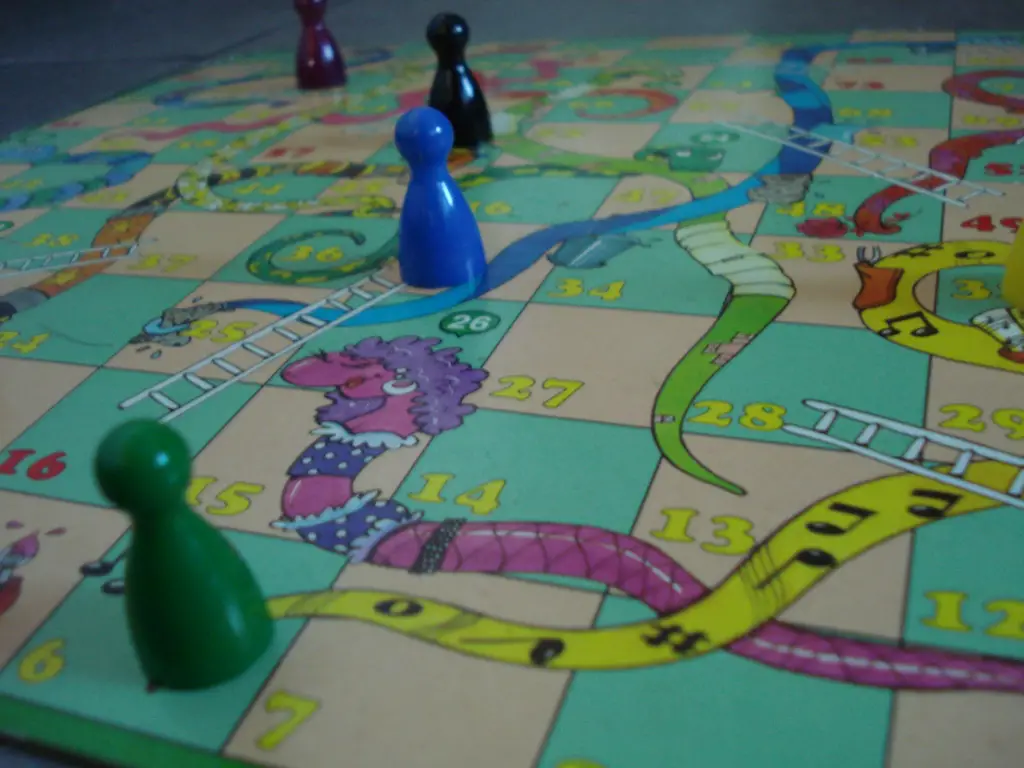
On the surface, Chutes and Ladders seems harmless, but its moral lesson has been criticized over the years. The game is all about moving up ladders when you’re good and falling down chutes when you’re bad—there’s no real skill involved. Some argued that this binary moral lesson oversimplified real-life situations and could be damaging to young minds who might internalize the “good” versus “bad” behavior as overly black and white.
6. Risk
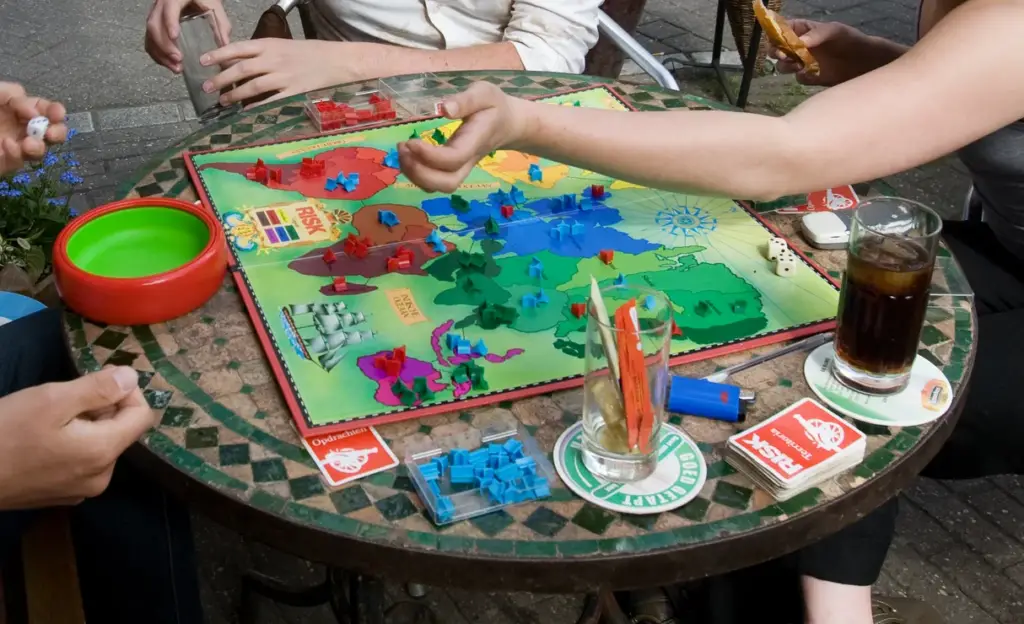
What could be controversial about a game of world domination? In Risk, players move armies around a map and conquer territories, and while it’s a strategic game of chance, it’s also a game about world power. Some critics have argued that the game’s emphasis on war and conquest might subtly encourage aggressive behavior or a glorification of military might. The Eurocentric focus on territorial conquest and control over the globe didn’t sit well with everyone either.
7. Mousetrap

At first glance, Mousetrap looks like a fun and whimsical game, but over time, players began to complain about the confusing rules and the lack of strategy involved. The real controversy, though, came from its misleading marketing. The elaborate mousetrap contraption shown in the commercials was rarely ever set up correctly during a game, and when it was, it wasn’t as fun as it seemed. Many felt that kids were being duped into thinking the game was far more exciting than it really was.
8. Mystery Mansion
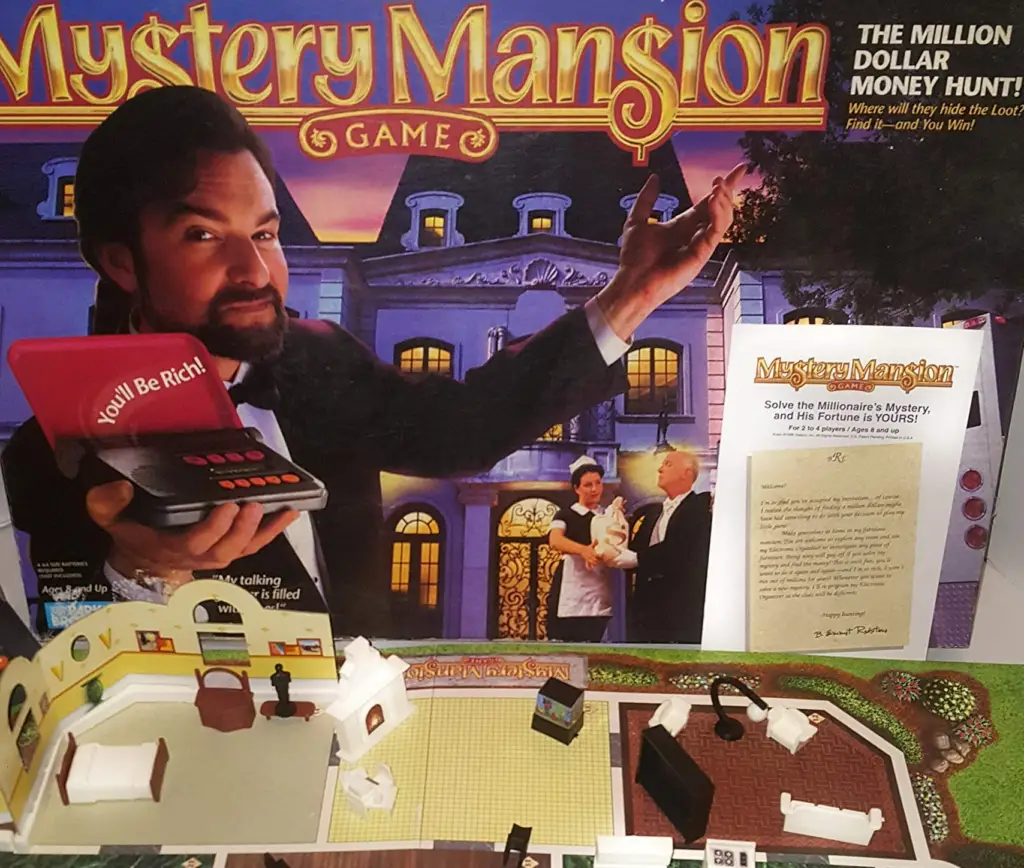
A spin on Clue, this board game was all about solving the mystery of the missing jewels in a creepy mansion. However, the game’s supernatural themes and spooky visuals created some unease. The eerie vibe, combined with the competitive nature of the game, left some parents feeling uneasy about its potential to scare younger players—or encourage them to engage with “spooky” themes too early.
9. The Oregon Trail
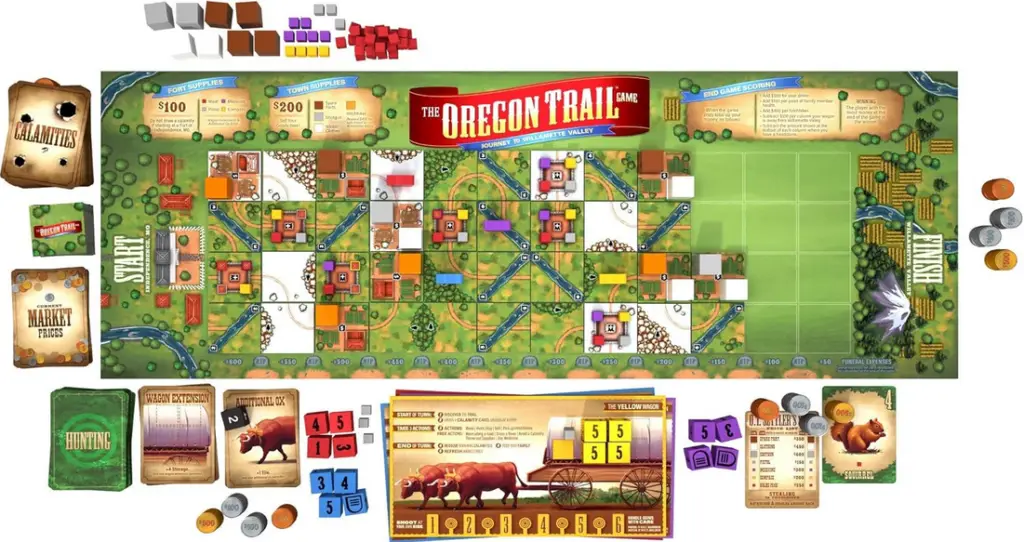
The Oregon Trail may have started as an educational game, but it wasn’t all learning. With its depiction of sickness, death, and a grim journey across the American frontier, it quickly earned a reputation as being morbid and distressing for kids. Many found it too harsh, especially with the randomness of death from cholera or drowning. The game’s dark tone was part of its appeal for some, but it wasn’t without controversy.
10. Ants in the Pants

On the surface, Ants in the Pants seemed like a harmless game where players flick plastic ants into a plastic pair of pants, but some parents found the idea of “ants in your pants” to be in poor taste. The expression “ants in your pants” was sometimes associated with a hyperactive or fidgety state, and some critics felt the game promoted undesirable behavior among young players.
11. The Amazing Labyrinth
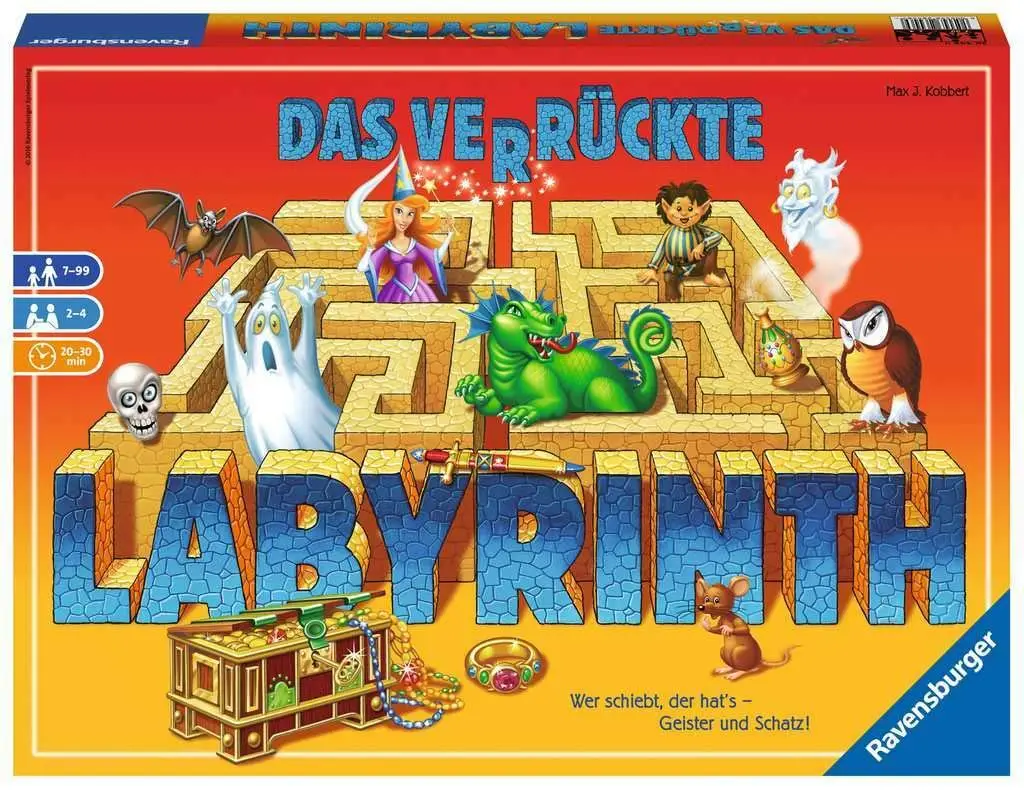
A game of shifting paths and strategic movement through a maze, The Amazing Labyrinth sounds harmless enough. However, its growing popularity in the ‘80s sparked debates on the use of frustration and manipulation as game mechanics. Some critics argued that the game focused too heavily on thwarting other players and made it difficult for younger children to understand the concept of “fair play” versus “tricking” others.
12. Clue

While Clue was a fan favorite for its mystery-solving mechanics, the controversy surrounding the game’s original premise was based on its mature themes. The game’s original setup, with the murder of Dr. Black (or Mr. Boddy), who was killed in his mansion, felt too dark for some parents. As the game evolved, there were discussions on whether the violence in a family game setting was appropriate.
Board games have come a long way since these controversial classics, but they certainly left a lasting impression on those who played them. Whether it was the lack of skill in Candy Land, the frustration of Mousetrap, or the moral lessons from The Game of Life, these games proved that even the most innocent-seeming pastimes could spark debates. Looking back, it’s fascinating how a simple family night could be so filled with conversation and controversy. Do you remember any of these sparking debates in your own family?


